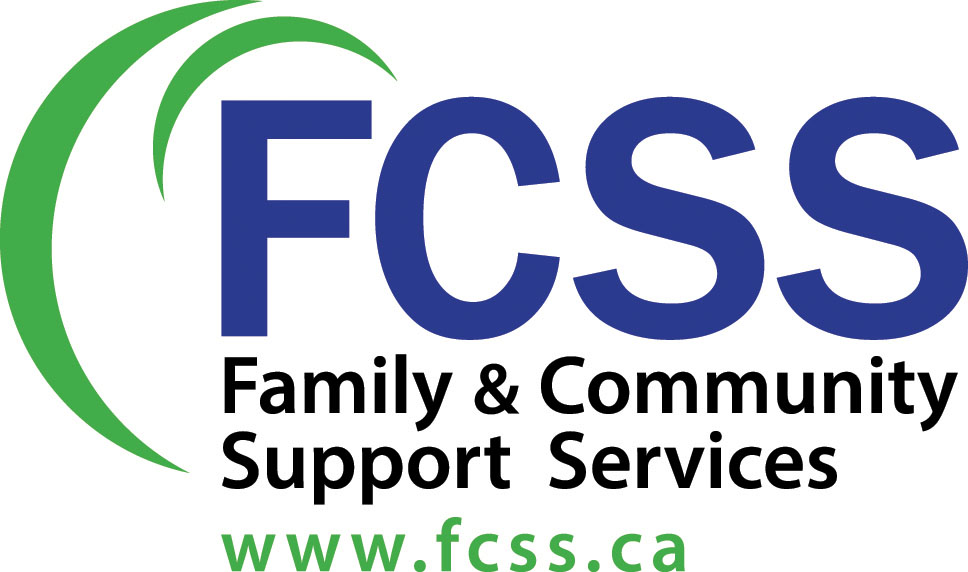Current Temperature
Family and Community Support Services Memory Café helps with dementia patients
Posted on August 23, 2022 by Ryan Dahlman
By Garrett Simmons
FCSS Communications
Caring for a person with dementia can be a difficult task.
Finding resources, support or even just an opportunity to take a break can also be a challenge.
The Family and Community Support Services Memory Café initiative, housed out of the Taber Public Library, aims to change that.
A grant from the Rural Development Network’s (RDN) Awareness Builds Connection in Dementia Friendly Communities (ABCD) Project has made the café possible. Funded through the Public Health Agency of Canada, the Memory Café focuses on dementia prevention, reducing stigma related to dementia and supporting communities to become more dementia inclusive.
“It’s a program where people living with dementia or Alzheimer’s, and their caregivers, can come and socialize, get some resources and education, and the folks living with dementia can play some sensory games and listen to some live music that reminds them of an earlier time,” said Kaitlynn Weaver, FCSS Outreach Services Supervisor.
The ABCD Project aims to provide rural Albertan communities with a selection of evidence-based, dementia-friendly initiatives adaptable to rural settings, according to Mary McGuire, Project Manager for the RDN. She added Taber was one of five rural communities selected to receive $5,000 in seed funding to get projects like this one off the ground.
“Memory Cafés are very successful, specifically in rural communities,” said McGuire, who added the partnership with FCSS and the library is a perfect combination. “We’re helping folks feel connected, who are living with dementia and their care partners. It can be isolating for some folks, and you can find other folks that are experiencing the same thing, you bring in the sensory games that stimulate the cognitive piece and also, you buy books and bring these sorts of things to a community library.”
According to Weaver, the books are a critical component to allow the initiative to carry forward, even once the cafés wrap up.
“We noticed the library didn’t have any books that explained dementia, especially for young children, so we purchased a few that we will be giving to the library for kids to be able to sign out and for us to include in some programming,” said Weaver. “It can be hard for children to understand what is going on with a grandparent or a friend who’s living with dementia, so we thought this was an important use of the funds.”
All rural communities are unique, and there is no one-size-fits-all model for dementia programming. With that in mind, McGuire reviewed the FCSS plan and was impressed with Taber’s ideas for establishing a sustainable, dementia-friendly community.
“It makes the most sense for the community to implement and develop it on their own, with us on the sidelines for any additional support they need,” she said. “The longer-term goal on our end is to develop mini how-to guides on each initiative so it can live on, and other rural communities can look at these how-to guides and see if this is something that can be adapted in their own community.”
For Taber, the cafés will likely begin in late-September or early-October, as the first session will feature snacks, coffee donated by McDonald’s, a get-to-know-you component, and an explanation of the Memory Café concept. A music component, featuring older tunes seniors will be familiar with, will be added to subsequent sessions.
“It’s quite profound,” said McGuire of the use of music. “Some might not be able to string together a sentence but music triggers something in your memory. The way they can recite lyrics is very impressive, along with remembering those lyrics and tying them to memory.”
Taber’s café concept will also include FCSS counsellors, who will be on site for seniors and their caregivers to meet, should they be interested in accessing that service.
“We want to bring that in as well, as caring for someone is a lot of work,” said Weaver, who added the counselling component will be very informal, as FCSS seeks to build a calm, supportive atmosphere at the cafe events.
For more information about the Memory Café, contact Cindy Lauwen, Volunteer Services Co-ordinator for FCSS, at 403-915-7063.
Leave a Reply
You must be logged in to post a comment.

